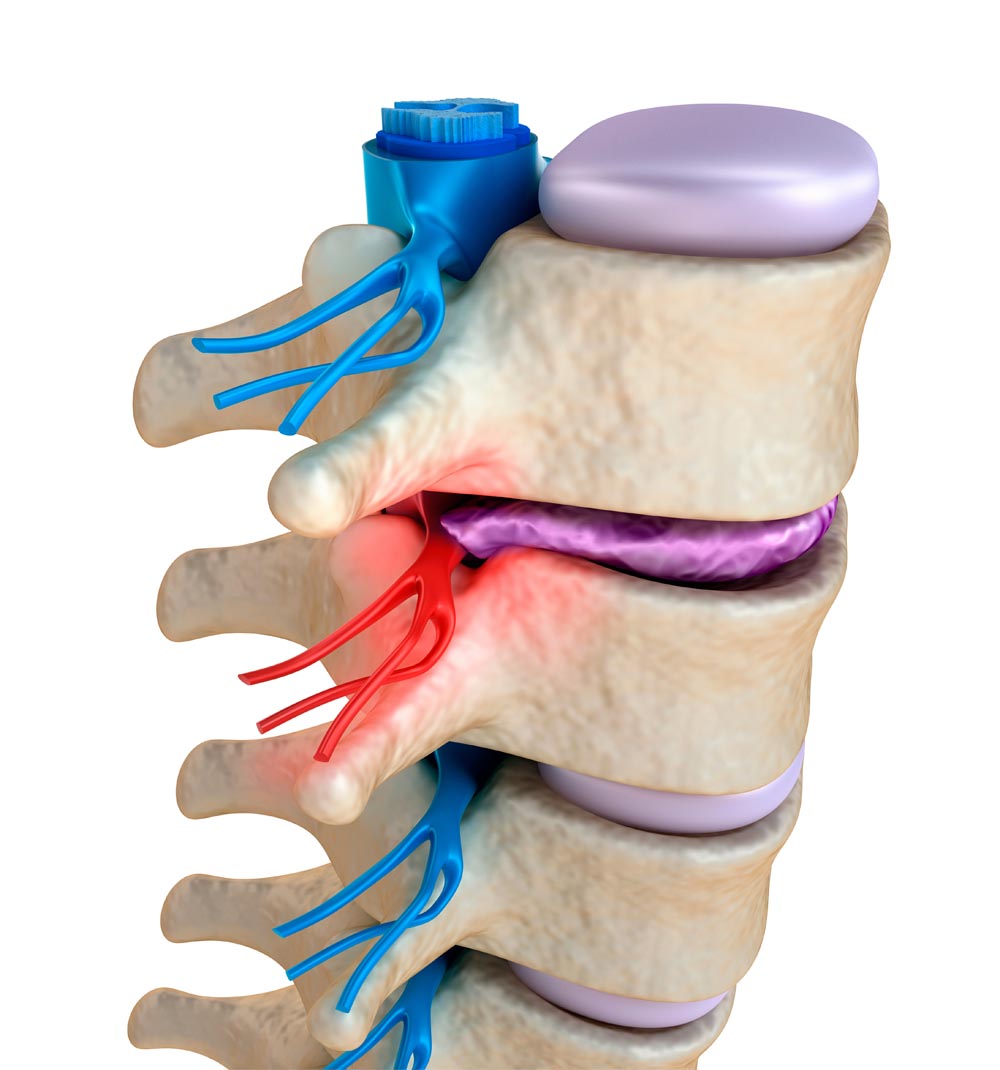Pinched Nerve
Pinched Nerve Pain
A pinched nerve occurs when a nerve is compressed or irritated by surrounding tissues, such as bones, muscles, tendons, or ligaments. This compression can disrupt the normal functioning of the nerve, leading to a variety of symptoms such as pain, numbness, tingling, weakness, and loss of sensation in the affected area. Pinched nerves can occur in various parts of the body, including the neck, back, shoulders, arms, wrists, hips, and legs.
There are several possible causes of a pinched nerve, including:
– Herniated or bulging discs: Discs are the cushions between the vertebrae in the spine. If a disc becomes herniated or bulges out of its normal position, it can press on a nearby nerve, resulting in a pinched nerve.
– Bone spurs: Over time, the bones in the spine or other joints may develop small bony growths called bone spurs. These spurs can compress nerves and cause pinched nerves.
– Muscle imbalances or tightness: Muscles that are imbalanced or excessively tight can also compress nerves and lead to pinched nerves.
– Injuries or trauma: Accidents, sports injuries, or other traumatic events can result in pinched nerves due to sudden compression or damage to the nerves.
– Repetitive motion or overuse: Engaging in repetitive motions or overusing certain muscles or joints can also lead to pinched nerves.
Pinched nerves can be uncomfortable and affect your daily activities and quality of life. Treatment options depend on the cause of your pinched nerve.
The best way to get started is with a free consultation with Dr. Taylor to try and determine the cause of your pinched nerve. Call now to book your free consultation!

Pinched nerves can cause tremendous pain.
